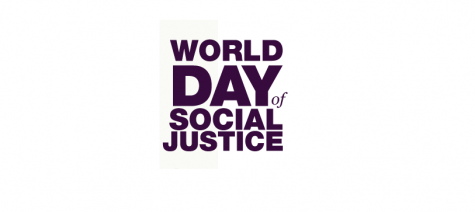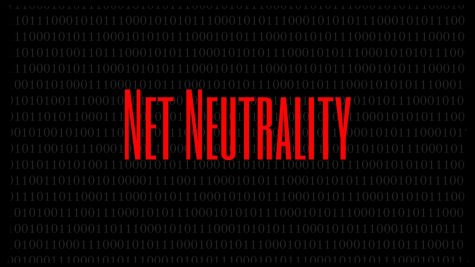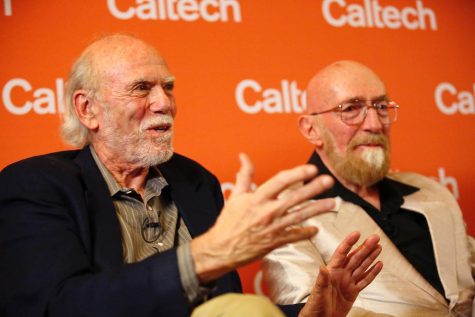Analysts see business benefit in Apple’s battle with FBI
WASHINGTON — Apple’s decision to refuse the FBI’s demand to unlock the iPhone of San Bernardino, Calif., shooter Syed Farook, which Apple CEO Tim Cook has portrayed as a principled stand to protest the data of all iPhone users, is also likely to be good for business, analysts of the hotly competitive cellphone market said Thursday.
While none of the analysts questioned Cook’s sincerity in challenging a federal magistrate’s order that Apple help the FBI access encrypted data on Farook’s phone, they noted that the refusal neatly aligns with Apple’s current business strategy.
“They’re basically making a big push on privacy, and it benefits them financially,” Alvaro Bedoya, executive director of the Center on Privacy and Technology at Georgetown University Law Center, said of the challenge.
Bedoya said he thinks Apple CEO Tim Cook genuinely believes in privacy “but that said _ it lines up with Apple’s interests.”
Unlike Facebook and Google, which make their money from collecting data on users, Apple’s revenue comes from selling hardware. A reputation as a defender of consumer privacy will benefit that business. Cook’s denunciation of the order came as Apple launched its smartphone-based payment system in China, where the electronic payments market is already dominated by an arm of e-commerce giant Alibaba.
“I think it’s going to be a reason for people to upgrade or move to Apple or back to Apple,” said John Feland, CEO of Argus Insights, a research company that specializes in smartphone marketing. “Especially in other markets where privacy considerations are even higher than they are in the United States it will become a boon to Apple,” he added.
Apple is challenging an order by Magistrate Judge Sheri Pym of the Federal District Court for the District of Central California that it help unlock the cellphone used by Farook, who along with his wife killed 14 people in a San Bernardino terror attack in December.
Cook called the implications of the government’s demand “chilling.” He said the order would require Apple to create software to circumvent the phone’s security system, producing a key that could be used by hackers to access data from anyone’s iPhone.
“It is a marketing advantage to them to tout their privacy and security ideals,” said Daniel Matte, who analyzes the cellphone industry for the market research firm Canalys.
But there could also be blowback against Apple for refusing to cooperate with the government in a terrorism case, he said.
“It helps them with users who appreciate their stance on data security but it also will anger a lot of people who have a different political viewpoint on the issue,” Matte said.
Feland of Argus Insights said he expected any backlash against the company to be short lived. “I think longer term it fits into their overall story of taking care of their customers,” he said. “I think it’s going to be a positive for them.”
Feland said the move could build momentum for the upcoming release of the iPhone 7.
Apple could especially benefit in the enormous China market, Feland said, where the company is in fierce competition with Xiaomi and Huawei, two Chinese cellphone manufacturers.
Bedoya, of the Georgetown University Law Center, said Apple’s stand follows the growing reluctance of tech companies to cooperate with the government in the wake of Edward Snowden’s 2013 revelations of domestic data surveillance by the National Security Agency.
He said tech companies following the Snowden revelations are eager to show customers their data is secure and that the companies aren’t “in cahoots with the NSA and the government in general.”
“I think parts of these companies cared about this stuff before (Snowden) but it’s been a massive shift,” he said.










